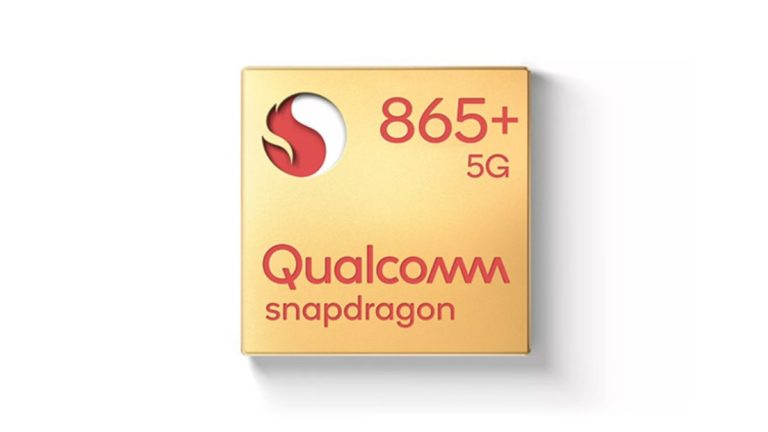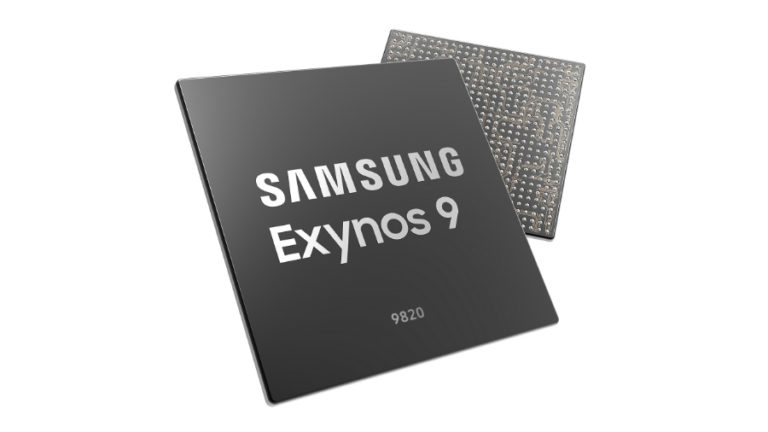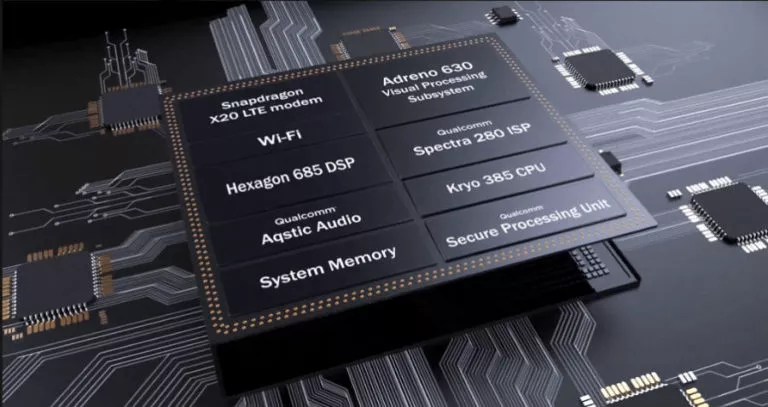Anyone Can Pre-Order The Linux-Based Open-Source ‘PinePhone’

PINE64’s PinePhone, the affordable Linux-based smartphone is now available for pre-order for everyone. Previously, the smartphone was available to developers and hackers only, who are quite satisfied with the phone so far.
Despite being surrounded by manufacturing issues and “just good ‘ol bad luck”, PinePhone is finally being able to deliver to their promise. Currently, those who are interested in using a Linux-based phone can visit the PINE64 official store to pre-order the device for $149. PinePhone will start shipping in December.
Brave Heart PinePhones
PINE64 is currently offering the “Brave Heart” PinePhone edition on preorder and it is different from the final unit that will go into production in March 2020.
While Brave Heart edition is identical to the upcoming March unit, PINE64 says that the next batch will arrive with improved 2G antennas for better reception. Also, the current PinePhones are running a beta version of the OS.
By no way, it means that the Brave Heart edition is inferior to the PinePhone batch coming in March. PINE64 says that it did extensive in-house testing and fixed all major bugs and issues reported by early developers.
Of course, be prepared to face minor bugs and glitches in the Linux smartphone. Or else, you can wait for the final PinePhone variant that will supposedly include support for KDE Plasma Mobile and Ubuntu Touch as well.
PinePhone Specifications
Here’s a quick brush-up of the smartphone for Linux fans —
The phone will strictly be running mainline Linux and it will be powered by a SOPine module with an Allwinner A64 ARM Cortex-A53 quad-core processor.
It has a 1440x720p IPS display and the phone looks like your regular Android smartphone. On the back, it has a 5MP camera and a 2MP camera on the front.
The Linux-based phone packs 2GB of LPDDR3 RAM, a 32GB eMMC module, and 4G LTE Cat 4 support. On the connectivity front, it has 802.11n WiFi and Bluetooth 4.0.
The phone also comes with a headphone jack and sensors including a gyroscopic sensor and light sensor.
Also Read: This Linux-Based Smartphone Will Keep You Completely Anonymous






